Filter by
SubjectRequired
LanguageRequired
The language used throughout the course, in both instruction and assessments.
Learning ProductRequired
LevelRequired
DurationRequired
SkillsRequired
SubtitlesRequired
EducatorRequired
Explore the FPGA Course Catalog
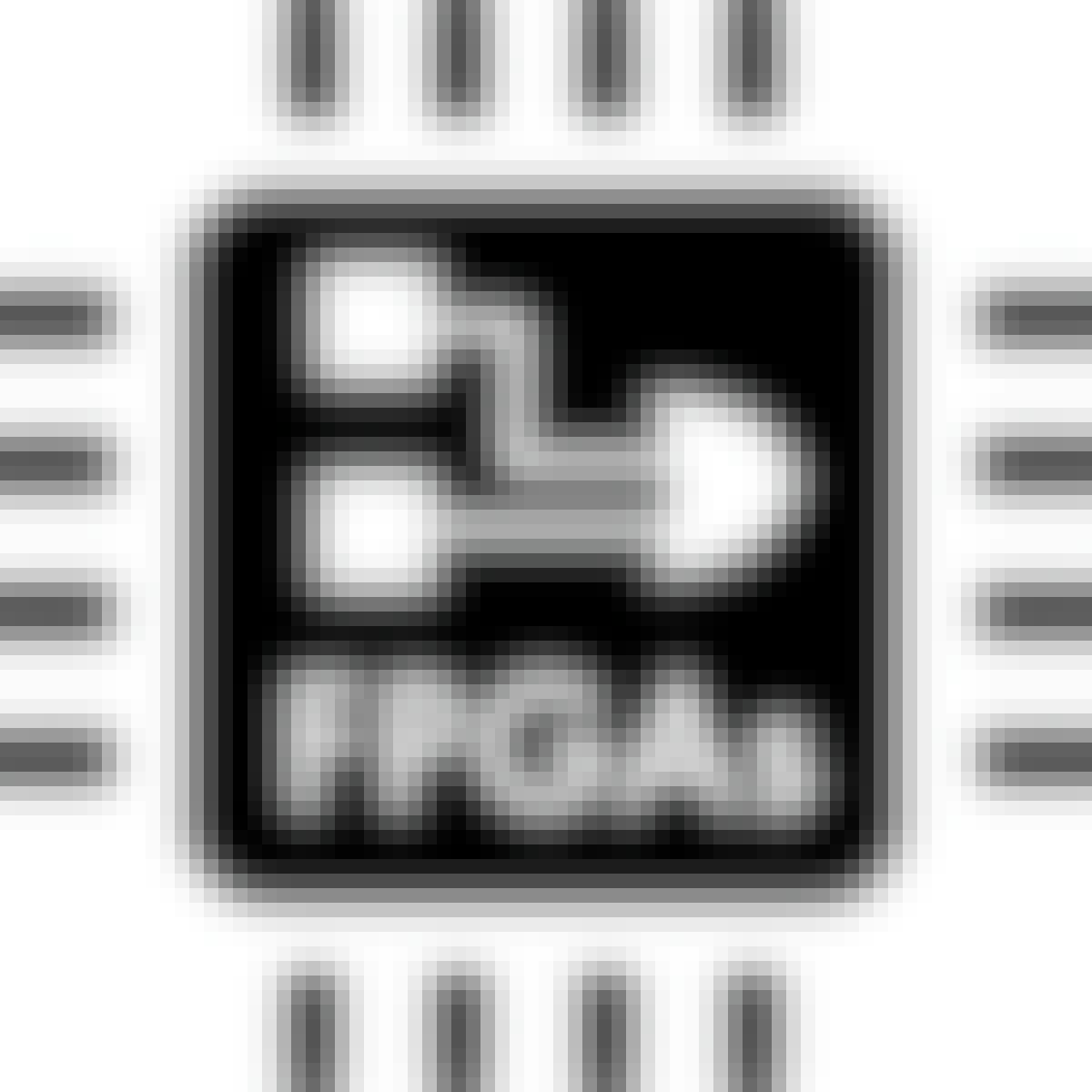
University of Colorado Boulder
Skills you'll gain: Field-Programmable Gate Array (FPGA), Hardware Design, System Design and Implementation, Electronic Systems, Embedded Systems, Eclipse (Software), Application Specific Integrated Circuits, Electrical and Computer Engineering, Semiconductors, Schematic Diagrams, Program Development, Technical Design, Integrated Development Environments, Computer Architecture, Hardware Architecture, Software Development, Verification And Validation, Computer Engineering, Programming Principles, Development Testing
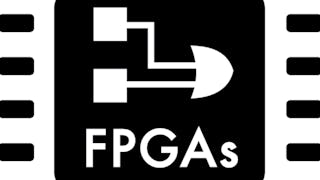
University of Colorado Boulder
Skills you'll gain: Field-Programmable Gate Array (FPGA), Hardware Design, Electronic Systems, Embedded Systems, Application Specific Integrated Circuits, Electrical and Computer Engineering, Semiconductors, Schematic Diagrams, Technical Design, System Design and Implementation, Computer Architecture, Hardware Architecture, Computational Logic, Verification And Validation, Design Software, Simulation and Simulation Software, Prototyping
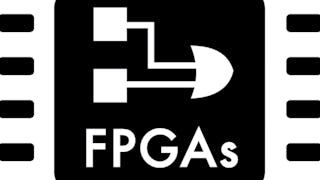
University of Colorado Boulder
Skills you'll gain: System Design and Implementation, Verification And Validation, Computer Engineering, Programming Principles, Development Testing, Simulations, Hardware Architecture, Functional Testing, Debugging
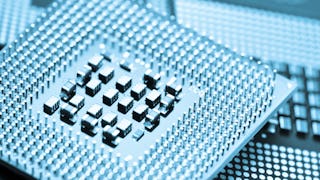
Politecnico di Milano
Skills you'll gain: Application Specific Integrated Circuits, Systems Design, Computer Architecture, System Design and Implementation, Hardware Architecture, Cloud Infrastructure, Distributed Computing, Computer Hardware, Embedded Systems
 Status: Free
Status: FreePolitecnico di Milano
Skills you'll gain: Application Specific Integrated Circuits, Computer Systems, System Configuration, System Design and Implementation, Computer Architecture, Hardware Architecture, Computer Hardware, Embedded Systems, Automation, Performance Tuning
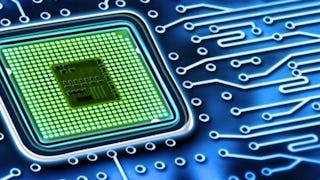
Skills you'll gain: Field-Programmable Gate Array (FPGA), Electronics, Hardware Design, Application Specific Integrated Circuits, Electronics Engineering, Serial Peripheral Interface, Computational Logic, Electrical Engineering, Computer Architecture, Schematic Diagrams, Semiconductors, Electronic Hardware, Electronic Components, Internet Of Things, Programmable Logic Controllers, Low Voltage, Embedded Software, Electronic Systems, Network Protocols, Embedded Systems

Johns Hopkins University
Skills you'll gain: Hardware Design, Electronic Hardware, Schematic Diagrams, Electronics, Computer-Aided Design, Mechanical Design, Remote Access Systems, Linux, Digital Communications, Restful API, Web Applications, Telecommunications, Internet Of Things, Electronic Components, Data Processing, Technical Design, Hardware Troubleshooting, Data Science, Embedded Software, Data Cleansing

Johns Hopkins University
Skills you'll gain: Artificial Neural Networks, Image Analysis, Event-Driven Programming, C and C++, Scalability, Deep Learning, Software Development, Machine Learning Methods, Performance Tuning, Linear Algebra, Distributed Computing, System Programming, Computer Graphics, Computer Hardware, Computer Vision, Numerical Analysis, Computer Architecture, OS Process Management, Data Structures, Performance Testing
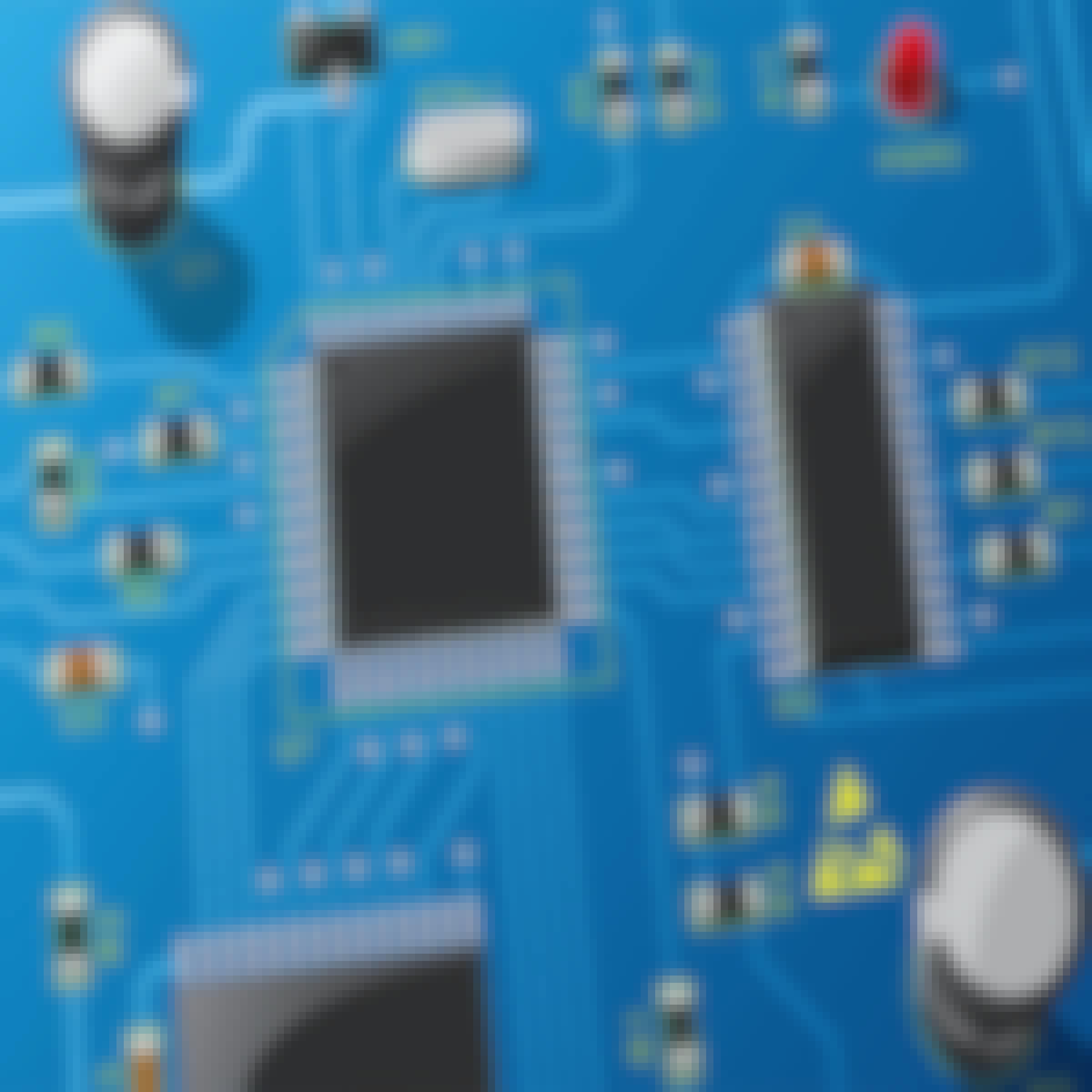 Status: Free
Status: FreePrinceton University
Skills you'll gain: Microarchitecture, Computer Architecture, Hardware Architecture, Computer Systems, Computer Engineering, Distributed Computing, Operating Systems, Performance Tuning, Scalability

Skills you'll gain: Field-Programmable Gate Array (FPGA), Hardware Design, Serial Peripheral Interface, Electronic Hardware, Internet Of Things, Embedded Systems, Embedded Software, Network Protocols, Digital Communications, Computer Architecture, Hardware Architecture, Software Development Tools, System Design and Implementation, Software Installation, Verification And Validation

University of Colorado Boulder
Skills you'll gain: Field-Programmable Gate Array (FPGA), Hardware Design, Program Development, Electronic Systems, System Design and Implementation, Eclipse (Software), Embedded Software, Embedded Systems, Development Environment, Software Development, Integrated Development Environments, Hardware Troubleshooting, Design Software, Engineering Documentation, Laboratory Experience

University of Colorado Boulder
Skills you'll gain: Eclipse (Software), Integrated Development Environments, Computer Architecture, Hardware Architecture, Software Development, Embedded Systems, Debugging, Verification And Validation, System Design and Implementation, Simulations, System Configuration
Searches related to fpga
In summary, here are 10 of our most popular fpga courses
- FPGA Design for Embedded Systems: University of Colorado Boulder
- Introduction to FPGA Design for Embedded Systems: University of Colorado Boulder
- Hardware Description Languages for FPGA Design: University of Colorado Boulder
- FPGA computing systems: Background knowledge and introductory materials: Politecnico di Milano
- FPGA computing systems: A Bird’s Eye View: Politecnico di Milano
- Chip based VLSI design for Industrial Applications: L&T EduTech
- Raspberry Pi Projects: Johns Hopkins University
- GPU Programming: Johns Hopkins University
- Computer Architecture: Princeton University
- FPGA Architecture Based System for Industrial Application : L&T EduTech










